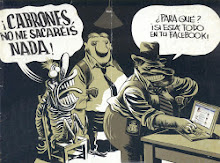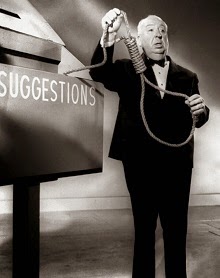Mary Ann Gwinn
Ross Macdonald was the pen name of Kenneth Millar (1915-1983). The man who would become one of America’s greatest mystery writers was the son of a Canadian couple, but Millar and his mother were abandoned by his father, cut loose to make their own way. Millar lived in poverty and moved dozens of times (50 by the time he was 16, by his own estimate), bunking with willing Canadian relations.
He was headed toward serious hooliganism until he found salvation through education, reading and writing.
Macdonald was once known as one of the highly esteemed trio of crime writers – the other two being Raymond Chandler and Dashiell Hammett.
But time passes, and reputations fade. Fortunately, Macdonald’s work has been revived for a new generation of readers, thanks to the re-publication of some of his best work by the Library of America (LOA).
The LOA recently published two collections of Macdonald’s superb stories, Ross Macdonald: Four Novels Of The 1950s andRoss Macdonald: Three Novels Of The Early 1960S, edited by Tom Nolan, Millar’s biographer and a frequent Wall Street Journal reviewer.
Printed on handsome high-quality paper, the stories include enlightening footnotes and the LOA’s trademark chronologies of the author’s life (Margaret Millar, Kenneth’s wife, was an accomplished crime writer in her own right – her work has been collected in LOA’s Women Crime Writers Of The 1940s And 1950s, edited by Sarah Weinman).
I first discovered Millar/Macdonald when I browsed a volume of correspondence between the crime writer and the great novelist from the American South, Eudora Welty. She adored him. If he’s good enough for Eudora, I thought, he’s good enough for me.
I inhaled these collections, a time-travel journey back to the 1950s and the 1960s. Whether you lived during this era or wish you had, these books are worth the time for many reasons:
> Macdonald’s immersion in the glittering highs and the dark lows of Hollywood film culture – wishful, wayward starlets, manipulative movie executives, performers with rampant egos whose descendants still clog the airwaves today.
> P.I. Lew Archer’s sturdy, if romantic, heart. “The problem was to love people, try to serve them, without wanting anything from them,” he concludes in The Barbarous Coast. Indeed.
> A mercifully low level of violence, though there is gunplay, a few beatings and one death-by-knitting-needle.
To cite one example, The Zebra-Striped Hearse is a wintry evocation of early Southern California surfing culture. “A zebra-striped hearse with a broken headlight came in off the highway,” Macdonald wrote. “It disgorged, from front and rear, four boys and two girls who all looked like siblings. Their hair, bleached by sun and peroxide, was long on the boys and short on the girls so that it was almost uniform. They wore blue sweatshirts over bathing suits. Their faces were brown and closed.” This story, published in 1963, anticipated with eerie precision the alienation that would grip America’s young people a few years later.
Macdonald froze these moments in time with “an often startling poetic imagery, writing lines that can remain with you for a lifetime,” wrote Tobias Jones in an appreciation of Macdonald in the Guardian newspaper in Britain.
In his essay, Jones nailed the difference between Archer and his fictional counterparts, Philip Marlowe and Sam Spade. Marlowe and Spade are hard men. Archer is tough, but compassionate – he wants to be a therapist as much as he wants to be a private eye. The Archer novels, Macdonald once said, were about “various kinds of brokenness”. Lost girls, aching women and rootless men all got a hand from Archer, though there were few happy endings.
The Archer novels are a potent mix of culture, crime and psychological motivation, the kinds of stories you have to sit with for a while after you finish them, just because they are so good, because they say something ineffable about the human condition.
I submit that Macdonald is the best of the terrific trio of writers, and that his work is the precursor of the many great crime writers today who have brought a literary sensibility to crime writing (Michael Connelly, Richard Price, Laura Lippman and Donna Leon, to name a few).
As writer Sue Grafton wrote in a forward to Nolan’s biography of Macdonald: “From him, we finally understood that the crime novel could be as challenging, as astute, and as rarefied as the sonnet … precise, perceptive and passionate … even while its fundamental subject matter remained rooted in crime and violent death.”


























.jpeg)








0 comentaris:
Publica un comentari a l'entrada